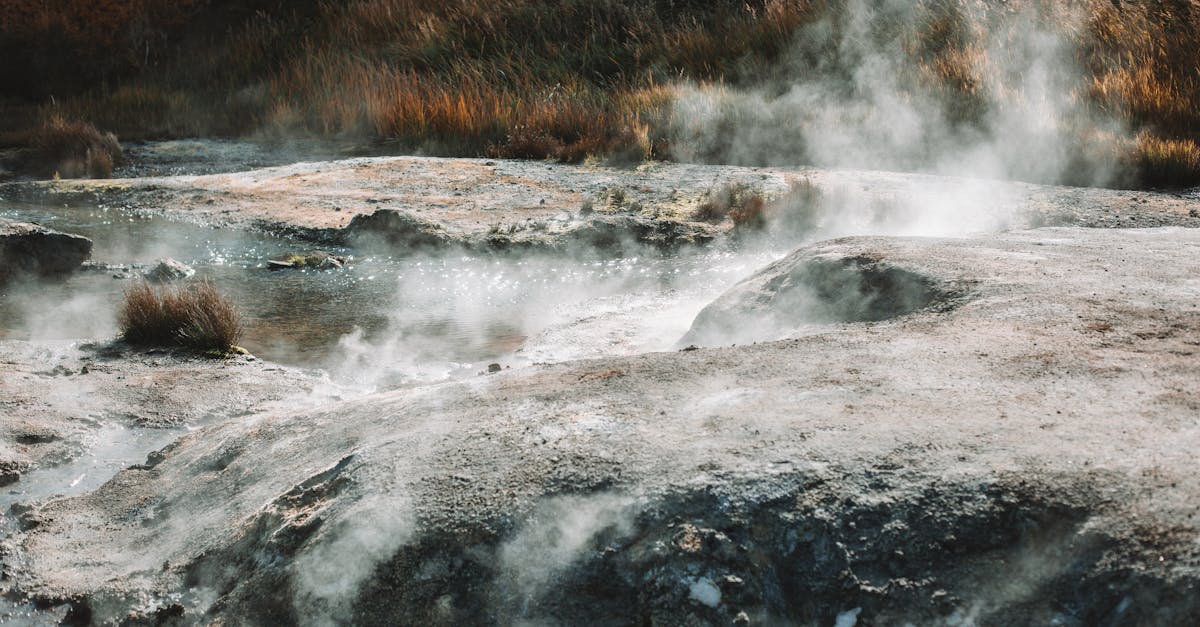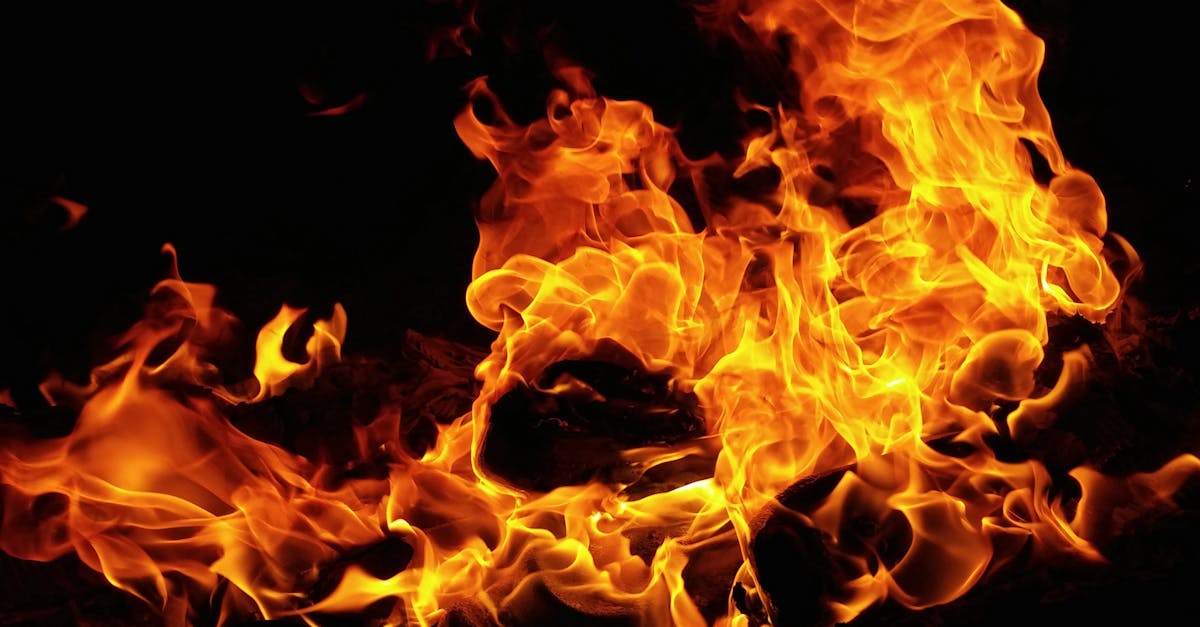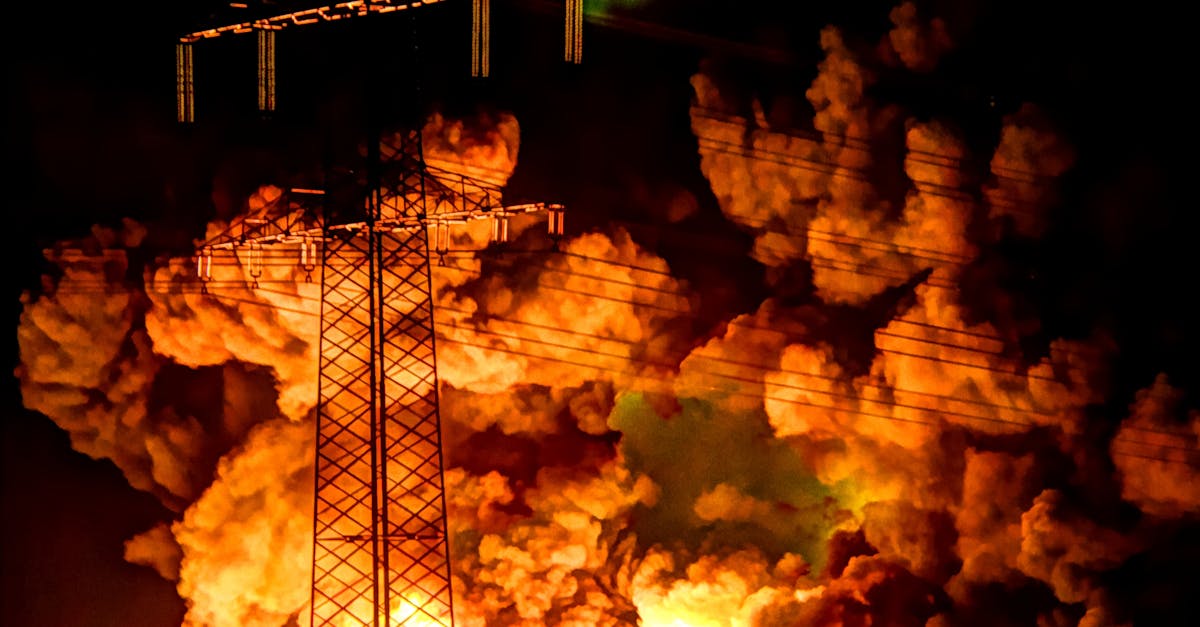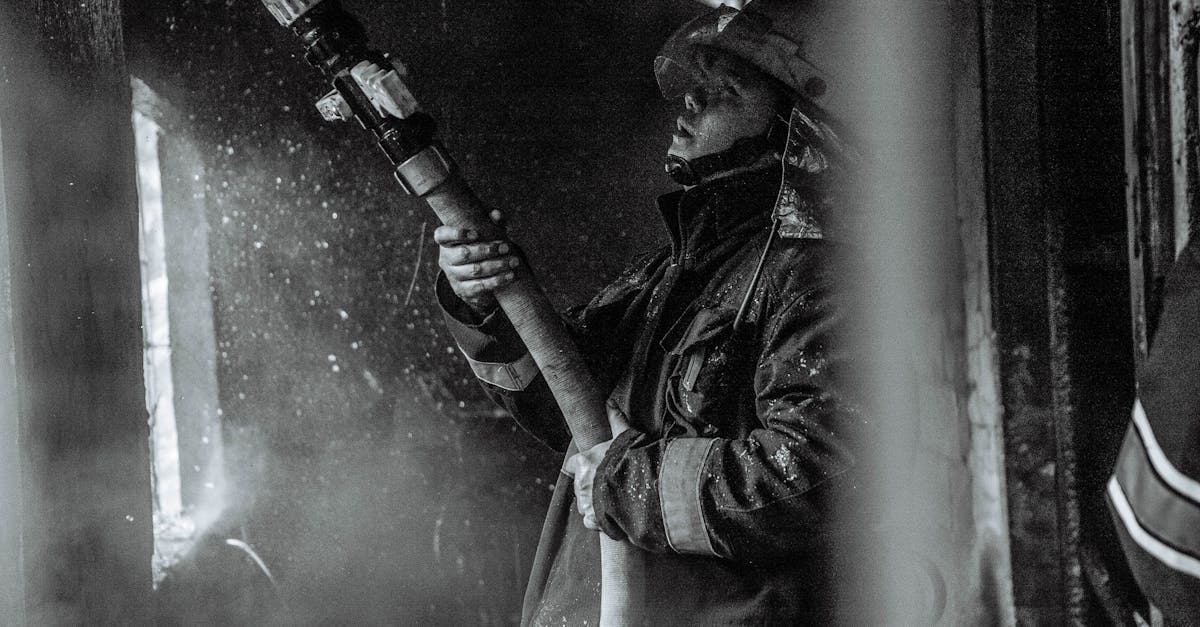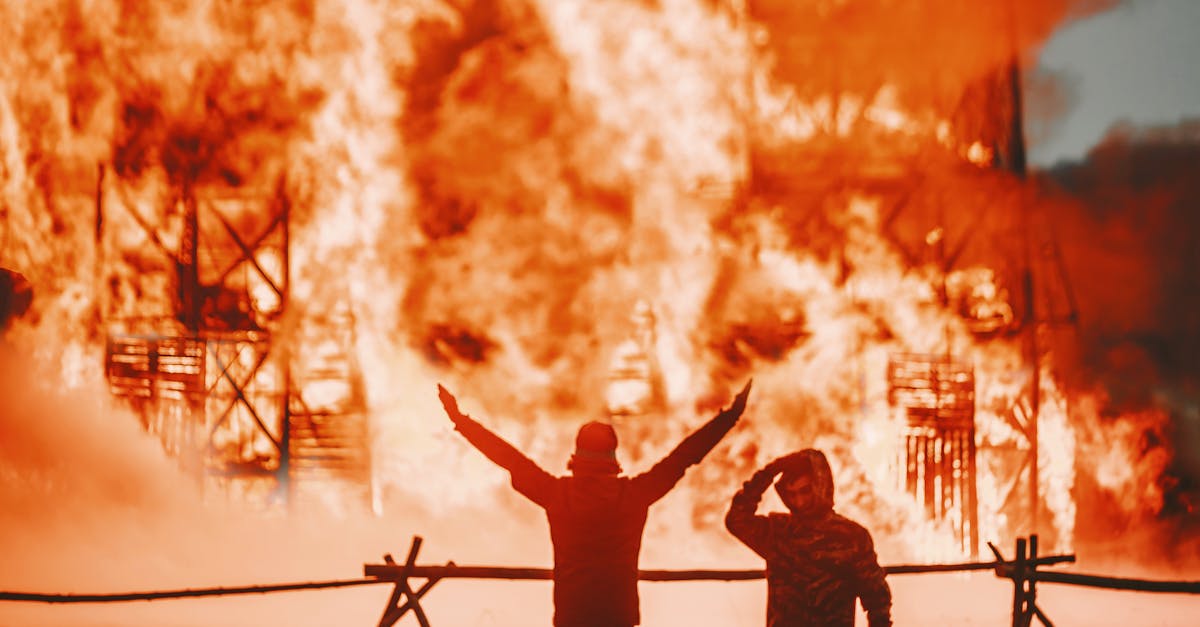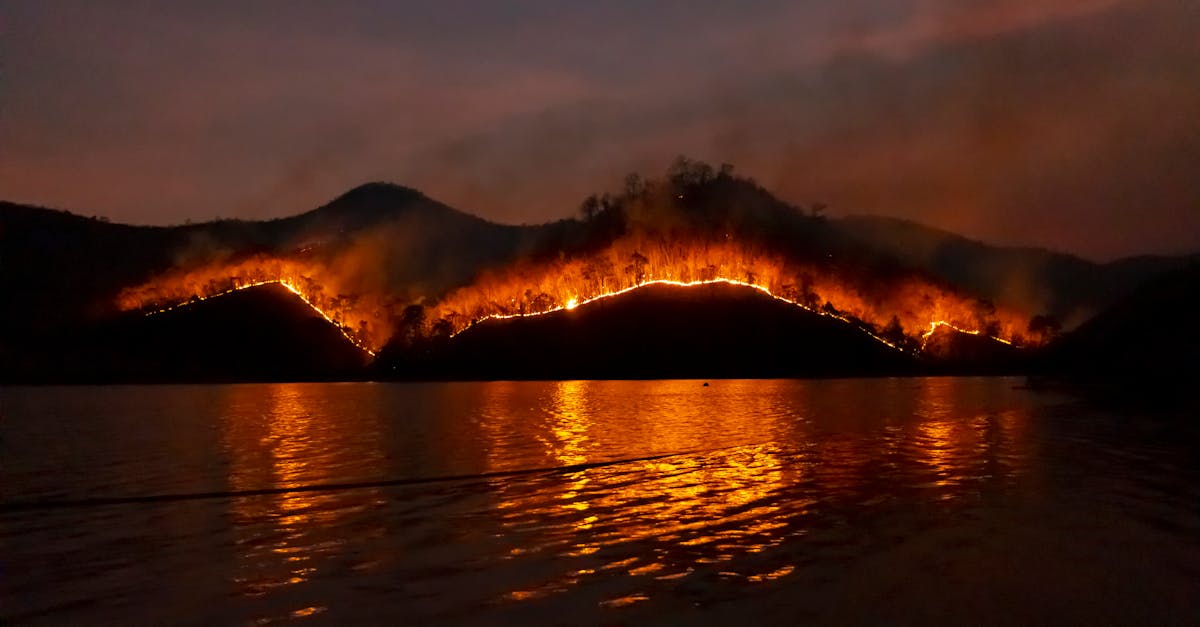
Table Of Contents
Emergency vs. NonEmergency Situations
Understanding the difference between emergency and non-emergency situations can greatly impact the steps you should take when facing a hot water issue. If you experience a total loss of hot water while also noticing water pooling around your tank or plumbing fixtures, this situation qualifies as an emergency. Immediate action is crucial in these cases, as it often requires emergency hot water repair to prevent further damage to your property.
In contrast, issues such as lukewarm water or occasional outages may not require an urgent response. These scenarios can often be addressed through routine maintenance or by scheduling a plumber's visit. Assessing your specific circumstances will help determine whether you need to seek immediate assistance or if you can wait for a more convenient time to resolve the issue.
Determining the Urgency of Your Hot Water Issue
When faced with a hot water issue, it's crucial to assess whether it constitutes an emergency. If you experience a complete loss of hot water and it disrupts daily activities like bathing or cooking, this situation may require immediate attention. An emergency hot water repair is often needed if the lack of hot water coincides with problems such as leaks or flooding, which can lead to significant property damage and mold growth if not addressed promptly.
In contrast, if the hot water supply is inconsistent or you notice it taking longer than usual to heat, your issue might not be as urgent. A slight delay in hot water availability could indicate a minor issue that can wait for a scheduled repair. However, prolonged exposure to suboptimal conditions can lead to larger problems, so it's wise to address even non-emergency hot water situations proactively before they escalate.
Assessing Your Home’s Plumbing
When dealing with the absence of hot water, assessing your home’s plumbing system is essential. Begin by checking the water heater for any obvious signs of malfunction. Look for leaks, strange noises, or rust around the unit. These indicators can signal a need for immediate attention. Inspect the temperature settings to ensure they are appropriate. Sometimes, a simple adjustment can restore hot water access without requiring professional help.
If initial evaluations don’t reveal any obvious issues, consider looking at your home’s plumbing layout. Investigate for issues such as corrosion or blockages in the pipes, which could disrupt hot water flow. Sagging pipes may lead to water pooling and decreased efficiency. In case of any serious concerns, contacting a professional for emergency hot water repair may be necessary to avoid further complications and restore comfort in your home.
Tips for Evaluating Your Plumbing System
Examining your plumbing system can reveal potential issues affecting your hot water supply. Start by checking your water heater for any visible signs of leaks or corrosion. If you see any damage, it may indicate a need for immediate attention. Ensure that the heating element is functioning properly. Listen for unusual sounds, such as popping or banging, which may signal sediment buildup in the tank.
Next, evaluate your pipes for signs of wear or blockages. Look for discoloration, especially in older pipes. If you have low water pressure or inconsistent temperatures, those may be warnings of a larger problem. In the case where you determine that the issue cannot be resolved through simple maintenance, it might be time to call a professional for emergency hot water repair. They can assess the situation and provide the necessary solutions for restoring your hot water supply.
Local Utility Company Support
If you find yourself without hot water, your local utility company may be a valuable resource. Many utility providers have dedicated support lines to assist customers experiencing water supply issues. They can help determine if there is a broader issue affecting your area or assist in diagnosing potential problems within your own plumbing. If the problem is related to the supply line, reaching out to your local utility can be the first step toward addressing the situation.
In cases where you suspect a problem beyond your control, contacting your utility company is essential. They may dispatch technicians to evaluate the situation and provide support for emergency hot water repair. Being proactive in informing them about your issue can expedite the process, potentially leading to a quicker resolution and restoring your access to hot water.
When to Contact Your Water Provider for Help
If you find yourself without hot water and suspect it may be related to a larger issue affecting your neighborhood, contacting your local utility company can be a smart decision. They often have the resources to address widespread problems and can provide information specific to your area. This is particularly important if there have been reports of outages or system maintenance that could impact your hot water supply.
In case of an emergency hot water repair, your utility provider may be able to offer guidance on immediate steps to take. They can advise you on whether the issue is within your plumbing system or if it stems from their supply. It’s essential to communicate the situation clearly, as this will help them determine the best course of action and assist you more effectively.
FAQS
Who should I call if I have no hot water?
If you have no hot water, first determine whether the issue is an emergency or non-emergency. For urgent situations, call a licensed plumber or your local emergency plumbing service. If it’s a non-emergency, you can schedule an appointment with a plumbing professional.
How can I determine if my hot water issue is an emergency?
An emergency hot water issue typically includes significant leaks, flooding, or no running hot water in freezing temperatures. If you’re unsure, consider the impact on your household and whether immediate assistance is necessary.
What are some common causes of no hot water?
Common causes can include a malfunctioning water heater, issues with the thermostat, sediment buildup, or problems with the plumbing system. Conducting a visual inspection may help identify the issue.
Should I contact my local utility company for hot water problems?
Yes, if you suspect that the issue is related to your water supply, such as pressure problems or outages, contacting your local utility company is a good idea. They can provide information on any service interruptions or issues on their end.
What steps can I take to assess my home’s plumbing before calling for help?
You can check the water heater settings, inspect for leaks around pipes, and ensure that the shut-off valve is open. Additionally, look for any unusual noises from the water heater and check if hot water is available in other parts of the home.
